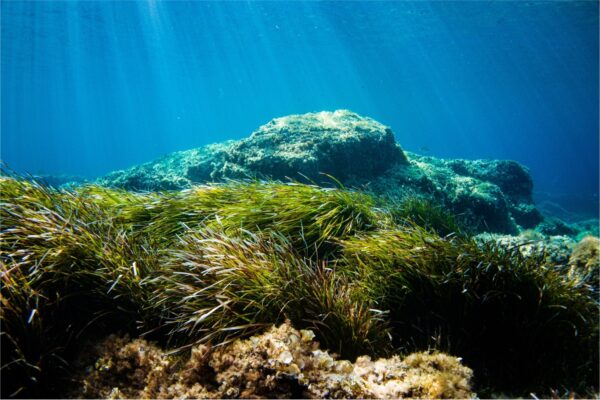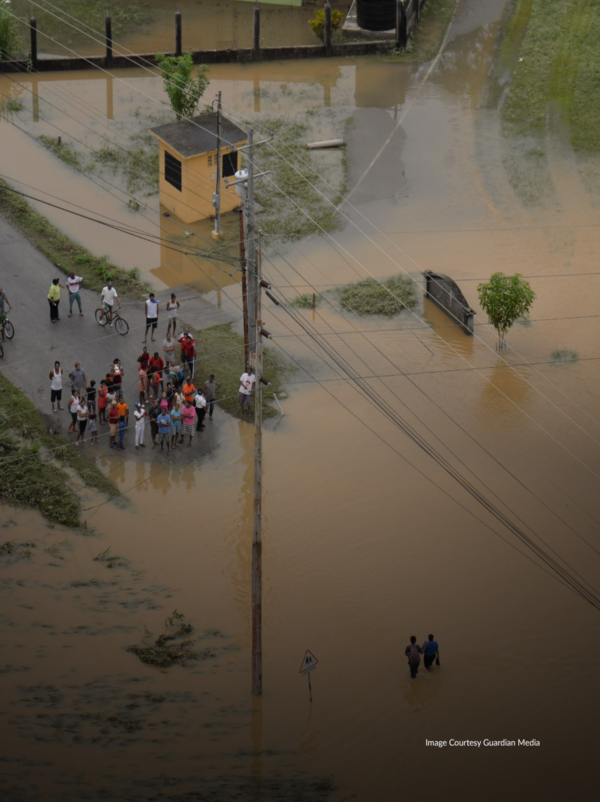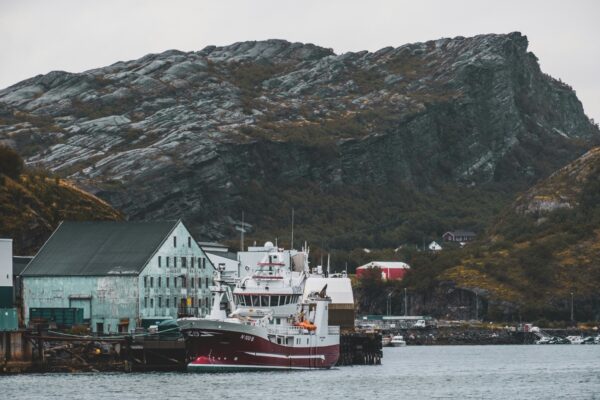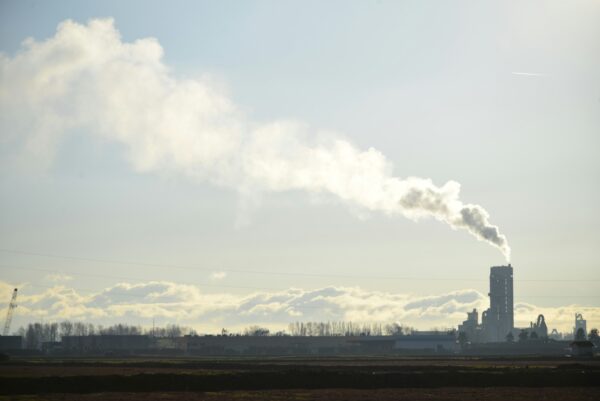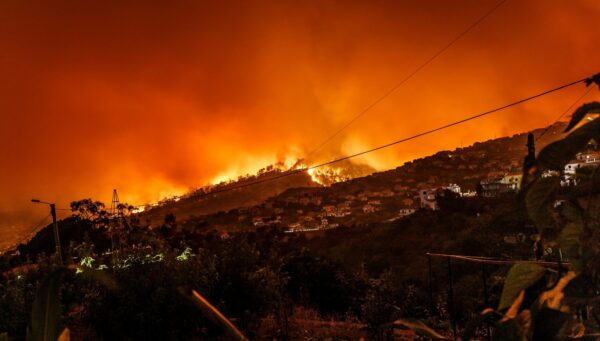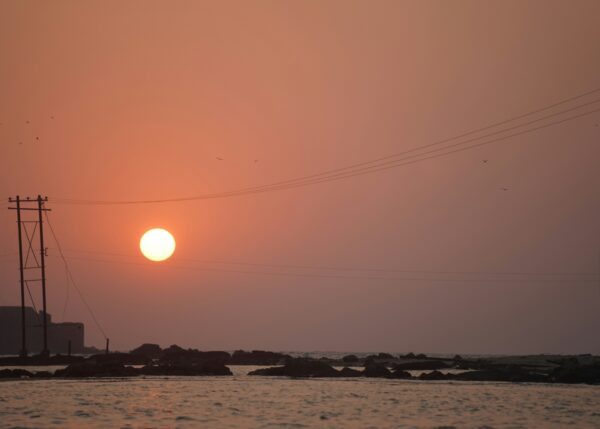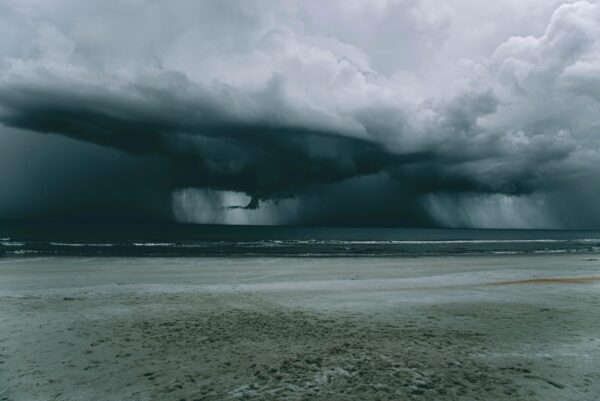Management of loss and damage in small island developing states: implications for a 1.5°C or warmer world
Authors
Adelle Thomas and Lisa Benjamin
Share
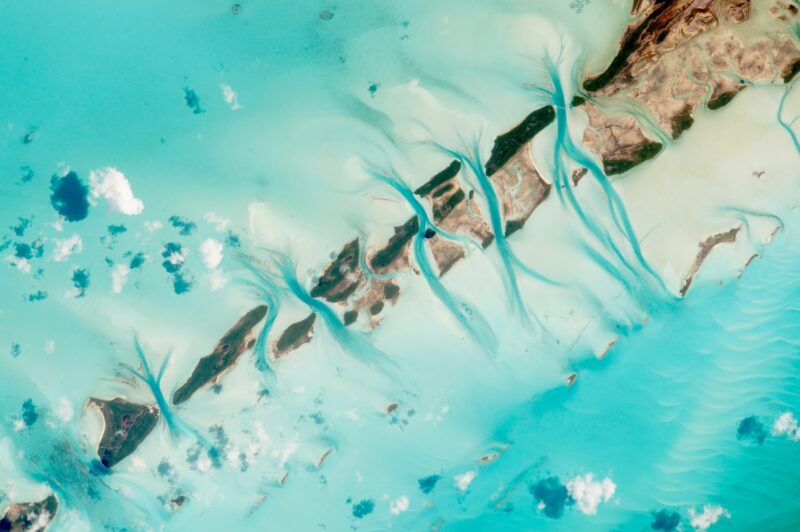
Small island developing states (SIDS) have been identified as some of the most vulnerable countries to the impacts of climate change due to inherent environmental, economic, and demographic characteristics. As SIDS experience impacts of climate change and reach their limits to adaptation, the identification and management of loss and damage is essential.
Monitoring and evaluating loss and damage, and implementing effective responses to address these impacts, becomes even more important in a 1.5 °C or warmer world, as impacts from climate change increase.
As global agreements on climate change are implemented and mechanisms to manage impacts continue to be negotiated and established, the existing ability of SIDS to monitor and respond to loss and damage must be evaluated to determine gaps that must be addressed in a 1.5 °C or warmer world.
This research utilises interviews with UNFCCC climate change negotiators for SIDS and analysis of Intended Nationally Determined Contributions, to assess the state of loss and damage management in SIDS. The research provides an assessment of loss and damage already being experienced in SIDS, the status of existing mechanisms to actively monitor and evaluate loss and damage, and the existence of policies and mechanisms in SIDS to address loss and damage.
Three areas of concern appear to be common for SIDS: lack of data relating to loss and damage, gaps in financial assessments of loss and damage, and a lack of policies or mechanisms targeted at loss and damage. These issues appear to be most acute in relation to slow onset impacts. Cumulatively, these challenges may present difficulties in detection and attribution and in obtaining a holistic understanding of the extent and costs of loss and damage for SIDS.

